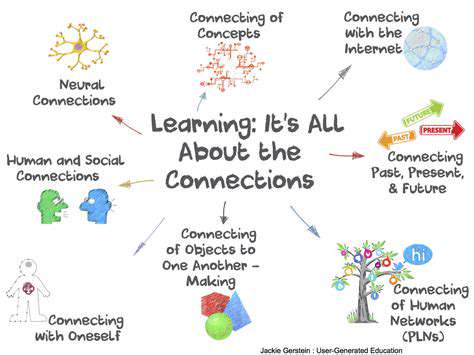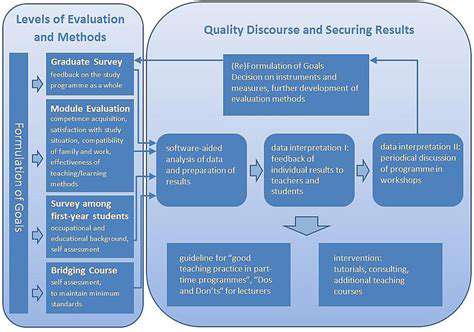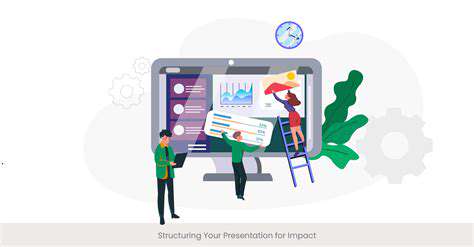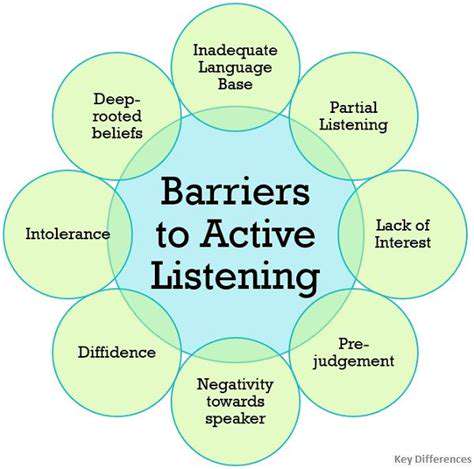Guide to Learning About Literature
Unlocking the Power of Interpretation
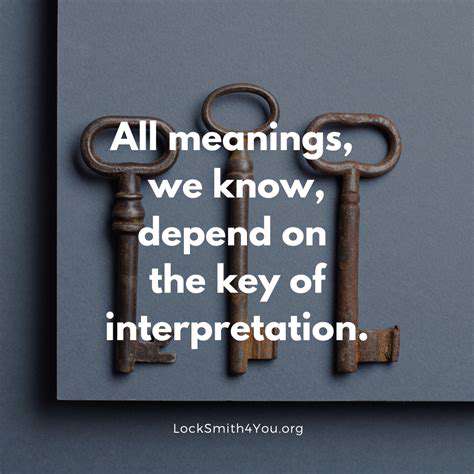
Understanding the Fundamentals of Interpretation
Interpretation involves extracting meaning from texts, data, or situations—a skill essential across numerous fields. Effective interpretation requires more than passive observation; it demands active engagement with the material. The difference between superficial reading and deep interpretation often determines the value we derive from information. This cognitive process forms the foundation of critical thinking and informed decision-making.
Successful interpretation considers multiple factors: the creator's intent, the audience's perspective, and the context surrounding the information. It's a dynamic process that evolves as we gain new insights or encounter additional relevant information.
The Role of Context in Interpretation
Context acts as the lens through which we interpret any information. A political speech, for instance, takes on different meanings depending on current events and the speaker's history. Ignoring context risks serious misinterpretation, like judging historical figures by modern standards rather than their own time's norms. This principle applies equally to literature, legal documents, and everyday conversations.
Three contextual layers prove particularly important: historical (when was this created?), cultural (what societal norms influenced it?), and personal (what do we know about the creator's background?). Examining information through these lenses leads to more nuanced understanding.
Different Approaches to Interpretation
Interpretation methods vary significantly across disciplines. Legal interpretation prioritizes original intent and precedent, while literary interpretation often welcomes multiple valid readings. Scientific interpretation relies on empirical evidence, whereas artistic interpretation embraces subjectivity. Recognizing which approach suits a given situation prevents inappropriate analysis—we wouldn't judge a poem by scientific standards any more than we'd analyze lab results poetically.
The Impact of Bias on Interpretation
Every interpreter brings personal biases—conscious and unconscious—to the process. Our education, cultural background, and life experiences all color our understanding. The key isn't eliminating bias (an impossible task) but recognizing its influence and compensating accordingly. This self-awareness separates skilled interpreters from those who mistake personal perspective for objective truth.
Practical strategies include seeking contrary viewpoints, identifying emotional reactions to information, and consciously considering alternative interpretations before settling on conclusions.
The Importance of Critical Thinking in Interpretation
Critical thinking transforms interpretation from guesswork to reasoned analysis. It involves systematically questioning assumptions, evaluating evidence quality, and weighing competing explanations. In an era of information overload, critical interpretation skills have become essential for distinguishing signal from noise. They protect against manipulation by helping us identify logical fallacies and weak arguments.
Developing these skills requires practice—actively engaging with challenging material, discussing interpretations with others, and regularly revisiting conclusions as new information emerges.
Applications of Interpretation Across Disciplines
Interpretation skills prove valuable in nearly every profession. Doctors interpret symptoms and test results, business leaders interpret market trends, and teachers interpret student needs. The common thread is transforming raw information into actionable understanding. In our personal lives, we constantly interpret social cues, news reports, and artistic works—making these skills universally relevant.
Different fields develop specialized interpretation methods, but the core principles remain consistent: understand context, recognize biases, apply appropriate analytical frameworks, and remain open to revised interpretations.
Cultivating a Lifelong Appreciation for Literature
Unveiling the World Through Words
Literature acts as a portal, transporting us to different eras, cultures, and perspectives. Through novels, poems, and plays, we experience lives radically different from our own while discovering universal human connections. This dual revelation—of both difference and commonality—makes literature such a powerful tool for personal growth. Active reading moves beyond passive consumption to thoughtful engagement with the text's craft and meaning.
Analyzing literary elements like symbolism, narrative structure, and character development enhances appreciation while sharpening critical thinking skills. These analytical approaches reveal how authors use language to create specific effects and convey complex ideas. Over time, this practice develops into a rewarding skill that enriches every reading experience.
The Power of Storytelling
Humans have communicated through stories since prehistoric times—a testament to their fundamental importance. Literature preserves and evolves this ancient tradition, offering everything from brief lyrical moments to sweeping epic narratives. Great stories do more than entertain; they help us process complex emotions, confront difficult truths, and imagine better futures. This explains why certain stories resonate across cultures and generations.
Exploring Diverse Voices and Perspectives
Reading broadly—across cultures, time periods, and genres—expands our mental horizons more effectively than any other single activity. Literature from different backgrounds challenges assumptions, introduces new ways of thinking, and fosters empathy for people whose experiences differ from our own. In an increasingly interconnected world, this exposure to diverse perspectives becomes not just enriching but essential for meaningful global citizenship.
Seeking out underrepresented voices—whether based on gender, ethnicity, nationality, or other factors—corrects historical imbalances in whose stories get told and preserved. It creates a more complete, nuanced understanding of human experience.
Nurturing a Lifelong Habit of Reading
Developing a lasting reading habit requires intentionality but pays lifelong dividends. Start with accessible, enjoyable works and gradually challenge yourself with more complex material. The key is consistency—even brief daily reading sessions accumulate into significant knowledge and skill over time. Building a personal library creates a tangible record of your literary journey while providing easy access to revisit meaningful works.
Variety prevents stagnation—alternate between fiction and nonfiction, classic and contemporary, familiar and experimental. Joining book clubs or discussion groups adds social dimensions that often deepen appreciation. Remember that reading should primarily bring joy and enrichment, not feel like obligatory homework.

